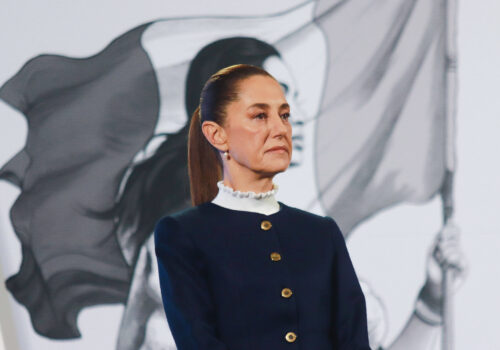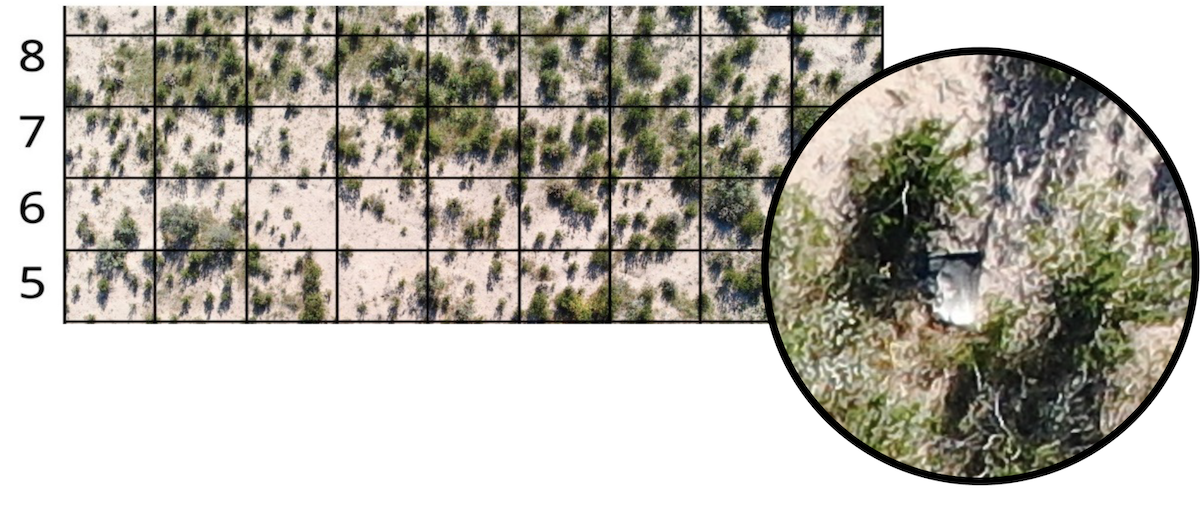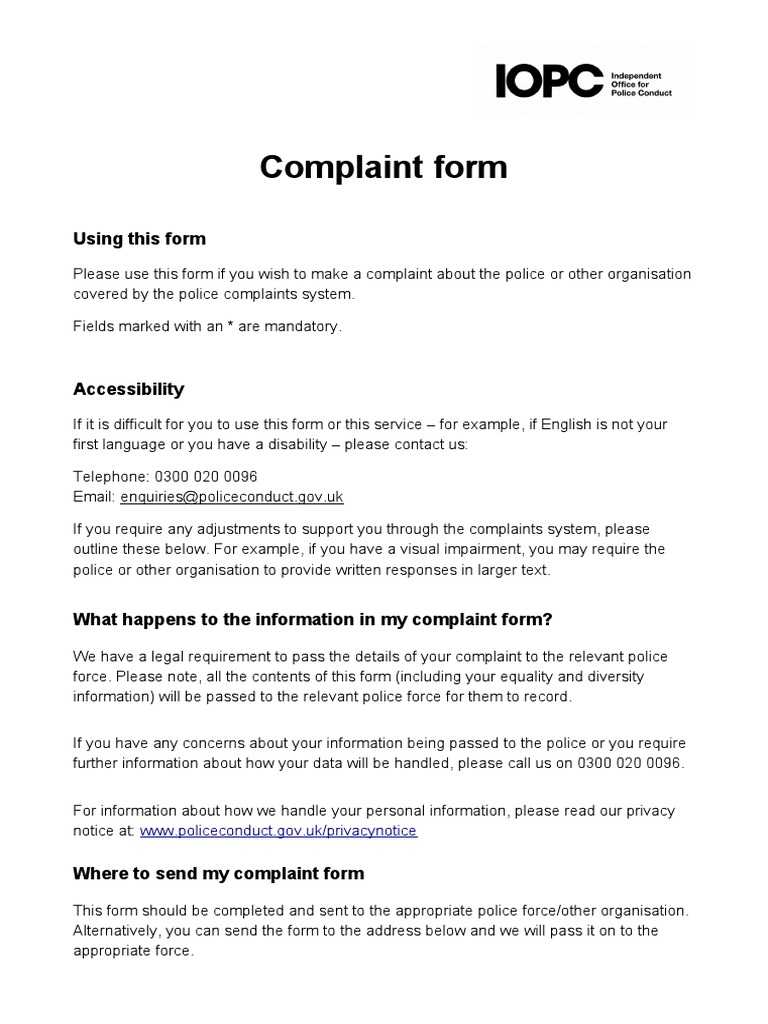Global Military Spending: A Consequence Of The War In Ukraine

Table of Contents
The Direct Impact on European Military Spending
The war in Ukraine has had a profound and immediate impact on European military spending, forcing a reassessment of defense capabilities and strategies across the continent.
Increased Defense Budgets
The conflict has acted as a catalyst for significantly increased defense budgets in many European nations. This is a direct response to perceived vulnerabilities and a renewed focus on national security.
- Germany's substantial increase: Germany, traditionally hesitant about significant military expenditure, has committed to exceeding 2% of its GDP on defense, a monumental shift in its post-war policy. This represents a dramatic increase in military spending and a clear acknowledgment of the changing security landscape.
- Similar trends across NATO: Poland, the United Kingdom, and other NATO members have also observed similar trends, significantly increasing their defense budgets to strengthen their national defense capabilities and improve their collective response to potential threats.
- Modernization and bolstering: The increased funding is not merely about increasing troop numbers; it's about modernizing armed forces and bolstering national defense through investments in advanced weaponry, technology, and training. This includes strengthening cyber security infrastructure and improving intelligence gathering capabilities.
Shifting Geopolitical Alliances
The Ukrainian conflict has strengthened transatlantic ties and fostered closer collaboration between NATO allies on defense matters. This enhanced cooperation is a direct response to the perceived threat posed by Russia's aggression.
- Increased joint military exercises: We have seen a significant increase in joint military exercises and training programs between NATO members, improving interoperability and readiness.
- Re-evaluation of strategies: The war has prompted a re-evaluation of defense strategies and military doctrines, focusing on hybrid warfare, asymmetric threats, and rapid response capabilities.
- Reinforced commitment to collective defense: The conflict has reinforced the commitment of NATO allies to the principle of collective defense, strengthening the alliance's resolve in the face of external aggression. This means a stronger commitment to mutual support and coordinated action.
Global Implications: A Ripple Effect on Military Spending
The impact of the Ukrainian conflict extends far beyond Europe. The ripple effect is felt globally, leading to reassessments of security postures and increased military spending in various regions.
Increased Defense Budgets Worldwide
The war in Ukraine has served as a stark reminder of the potential for large-scale conflict and regional instability. This realization has prompted an increase in defense spending in countries across the globe.
- Asia-Pacific concerns: Nations like Japan, South Korea, and Australia, concerned about regional instability and potential threats, have increased their defense budgets. This reflects a growing awareness of the need to enhance their security capabilities in the face of geopolitical uncertainty.
- Investment in advanced technology: The focus is not only on increasing the size of militaries, but also on investing in advanced weaponry and military technologies, including artificial intelligence, hypersonic weapons, and improved surveillance systems.
- Cybersecurity enhancements: The increased importance of cyber warfare has led to a significant increase in investment in cybersecurity capabilities to protect critical infrastructure and national security interests.
Resource Allocation and Economic Consequences
The surge in global military spending has significant economic implications, raising concerns about the opportunity cost of diverting resources from other essential sectors.
- Opportunity cost analysis: Increased military spending represents a significant opportunity cost, meaning resources are diverted from investments in education, healthcare, and infrastructure. This trade-off has potential long-term economic consequences that require careful consideration.
- Inflationary pressures: The substantial increase in military spending can contribute to inflationary pressures, potentially affecting the cost of living and impacting national budgets.
- Long-term sustainability: The long-term sustainability of this increased global military spending remains a significant concern. Maintaining such high levels of expenditure could pose a challenge to many national economies.
The Arms Race and Technological Advancements
The war in Ukraine has dramatically impacted the global arms trade and accelerated technological advancements in military capabilities.
Demand for Weapons and Military Technology
The conflict has created a surge in demand for various weapons systems and military technologies, driving production and innovation in the arms industry.
- Increased production of conventional weapons: There's been a significant increase in the production of artillery shells, ammunition, and drones, highlighting the importance of conventional weaponry in modern warfare.
- Development of new technologies: The war has accelerated the development and deployment of new military technologies, focusing on areas like precision-guided munitions, electronic warfare, and unmanned systems.
- Potential for an arms race: The increased demand and competition among arms manufacturers raise concerns about a potential new arms race, with potentially destabilizing consequences.
The Role of International Arms Dealers
The heightened demand for weapons has had a significant impact on the international arms trade, with major arms manufacturers benefiting from increased sales.
- Ethical implications: The ethical implications of profiting from conflict are a subject of ongoing debate, particularly considering the human cost of war.
- Influence of lobbying: The influence of lobbying and political pressure on arms sales is a critical factor shaping the global arms trade.
- Effectiveness of arms control: The effectiveness of existing international arms control treaties is being questioned in light of the increased global military spending and arms sales.
Conclusion
The war in Ukraine has undeniably triggered a significant increase in global military spending, with far-reaching consequences for international relations, economic stability, and technological advancement. The ripple effect extends beyond Europe, prompting nations worldwide to re-evaluate their security postures and invest heavily in defense. Understanding the drivers and implications of this surge in global military spending is crucial for navigating the complex geopolitical landscape of the coming years. We must critically assess the long-term sustainability and the opportunity costs associated with this escalating trend. Further research and analysis are necessary to comprehensively understand the full implications of this unprecedented shift in global military spending. The future of global security depends on a careful and considered approach to managing this dramatic increase in military expenditure.

Featured Posts
-
 Charles Barkleys Unexpected Ru Pauls Drag Race Revelation Stuns Fans
Apr 30, 2025
Charles Barkleys Unexpected Ru Pauls Drag Race Revelation Stuns Fans
Apr 30, 2025 -
 Days Before The Vote Trumps Perspective On The Us Canada Relationship
Apr 30, 2025
Days Before The Vote Trumps Perspective On The Us Canada Relationship
Apr 30, 2025 -
 Watch Untucked Ru Pauls Drag Race Season 17 Episode 6 Online Free Legal Streaming Guide
Apr 30, 2025
Watch Untucked Ru Pauls Drag Race Season 17 Episode 6 Online Free Legal Streaming Guide
Apr 30, 2025 -
 Vehicle Subsystem Issue Forces Blue Origin To Abort Launch
Apr 30, 2025
Vehicle Subsystem Issue Forces Blue Origin To Abort Launch
Apr 30, 2025 -
 Panoramas Chris Kaba Episode Iopc Complaint To Ofcom Sparks Debate
Apr 30, 2025
Panoramas Chris Kaba Episode Iopc Complaint To Ofcom Sparks Debate
Apr 30, 2025
